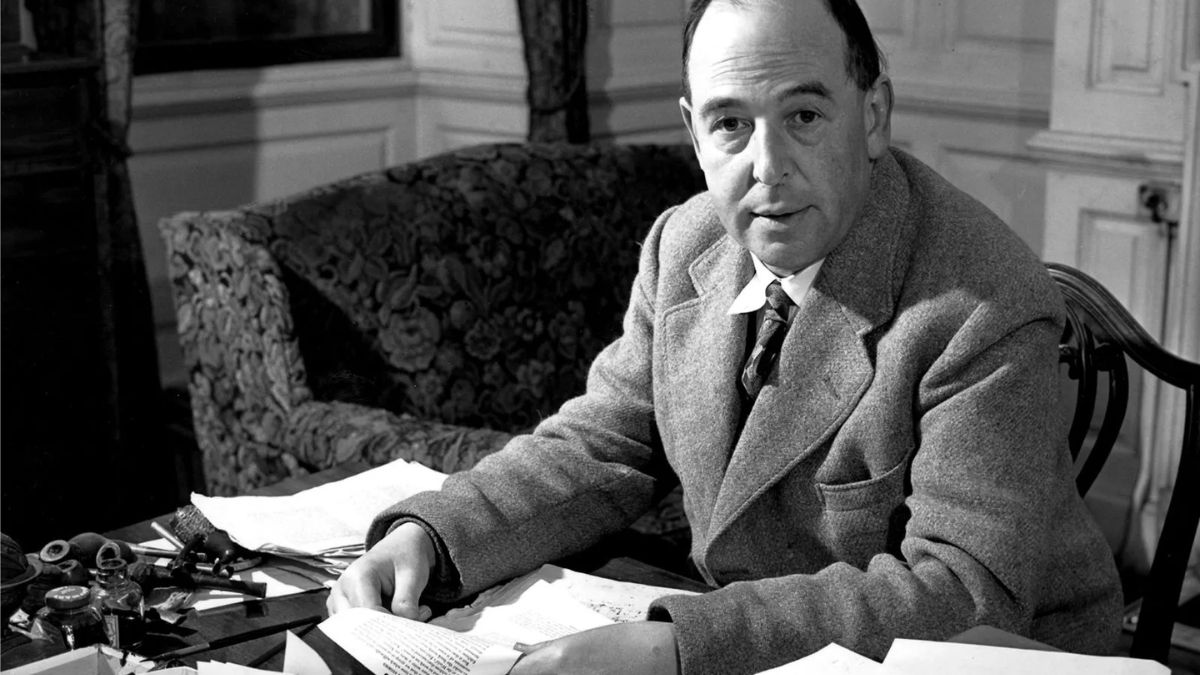

BreakPoint
Today’s Breakpoint Offer: Ask Me Anything: Provocative Answers for College Students by J. Budziszewski.
James Emery White, “The Christian Mind,” an excerpt from A Mind for God, 31 July 2006.
BreakPoint Commentary No. 050805, “The Rubber Meets the Road.”
James Emery White, A Mind for God (InterVarsity, 2006). See also Serious Times, Embracing the Mysterious God, and The Prayer God Longs For.
Kay Haugaard, “Suspending Moral Judgment,” The Chronicle of Higher Education, 27 June 1997.
Paul Kengor, “Children of 9/11,” The Center for Vision and Values, 8 September 2002.
J. P. Moreland, “Turning Heroes into Horrors,” Boundless.org, 2004.
Peter Kreeft, A Refutation of Moral Relativism (Ignatius, 1999).
Habits of the Mind
A few years ago, a professor at Pasadena City College led a class discussion on the famous story “The Lottery.” In the story, a seemingly normal village carries out a bizarre ritual involving human sacrifice. The professor, Kay Haugaard, had taught the story many times over the years and was anticipating the usual shocked reactions from her students. Instead, she found that she was teaching a room full of moral relativists who thought that the ritual might be all right “if it’s a part of a person’s culture . . . and if it has worked for them.” To Haugaard’s horror, she realized that “no one in the whole class of twenty ostensibly intelligent individuals would go out on a limb and take a stand [even] against human sacrifice.” The very mentality that Jackson’s story warns us about—“the dangers of being totally accepting followers, too cowardly to rebel against obvious cruelties and injustices”—had become the mentality of this group of intelligent college students. Haugaard writes, “It was a warm night when I walked out to my car after class that evening, but I felt shivery, chilled to the bone.” James Emery White tells this story in his excellent new book A Mind for God. White, the new president of Gordon-Conwell Theological Seminary, wants us to understand just how dangerous it can be to live life without a worldview that teaches that “each person has value, and there is meaning and purpose to every life.” To have such a worldview, White explains, we must believe that “there is Someone above and outside of our existence who stands over us as our authority.” Without that belief, our sense of morality can be based only on shifting values in the culture around us. And any sense of morality with such a weak foundation is doomed to erode—and create the kind of minds that are blasé about human sacrifice. Even those of us who do believe in God can be endangered by a relativistic culture like the one we live in. White tells us of an encounter with a woman, who identified herself as a Christian, who informed him that Jesus “lived a long, full life, got married and had kids.” (And people said that The Da Vinci Code would not have any effect on anyone’s religious beliefs?) How do we shore up our faith against a corrosive culture and develop a true “mind for God”? White’s book is designed to answer that question. He urges us to read, to study, to reflect on our faith and our culture, and he suggests books, websites, and other resources to help us get started. He encourages Christians to create what he calls “a rule for the mind”—a set of disciplines like those once followed by Christian monastics—to help us develop a pattern of Christian thinking that applies to all of life. “Our minds are deeply spiritual,” White writes, “and so developing our minds must be a spiritual discipline.” I agree, and I can’t think of a better place to start than in this book. Jim White is a gifted Christian thinker, but what I like best is that he writes for laymen at an accessible level. So you can visit our website, BreakPoint.org, for more information on A Mind for God and for some more Christian worldview resources, including some of White’s other books. All of us need to learn the disciplines of thinking Christianly about all of life.
| For Further Reading and Information |
07/28/06















